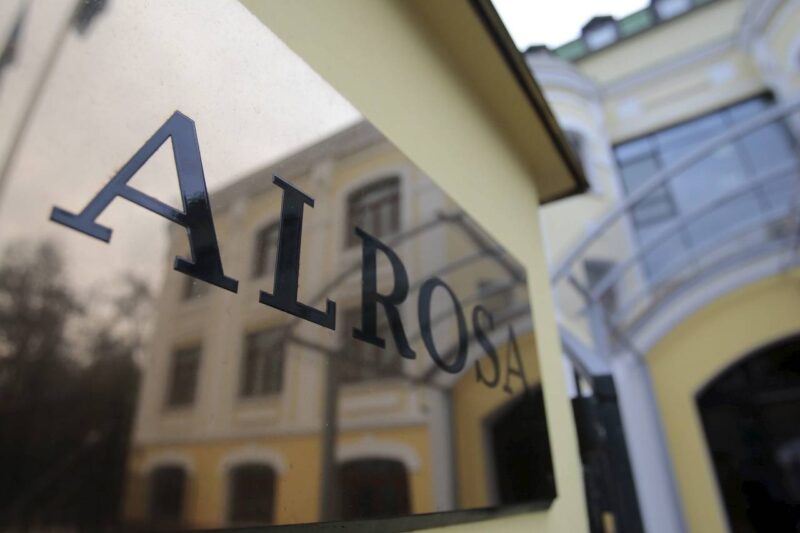Sanctions imposed by the G7 countries on Russian diamonds are proving largely ineffective, according to Pyotr Karakchiev, head of the international cooperation department at Alrosa, speaking at the Khozaktiv-2025 corporate forum. Karakchiev said the absence of a global tracing system for rough diamonds is a key factor limiting the sanctions’ impact.
Tracing Deficiencies and Industry-Specific Challenges
Karakchiev stated that although sanctions “force us to come up with new means of interaction,” they have not achieved the intended effect. “The sanctions that our adversaries dreamed up were supposed to affect us in a big way but they are not achieving the necessary effect, at least for them,” he said.
The primary reason for this, he explained, is the lack of a technical solution and verification procedure for determining the origin of diamonds. “Tracing is one of the key conditions that the G7 wanted to bring in to stop Russian gemstones from entering Western markets. This is not working now. There is no technical solution. This, among other things, enables the company to continue to work actively on international markets, and the G7 countries to constantly delay introducing the tracing,” he said.
He also noted the nature of the diamond supply chain, where a diamond of Russian origin “loses” that origin on its way from the mine to the jewellery store as it mixes with other stones.
Karakchiev added that U.S. and EU officials often “have no understanding of the industry or unified plan for how sanctions should be implemented.”
Trading Partners and International Collaboration
Karakchiev highlighted that certain trading centres, including Dubai, India, and China, continue to cooperate with Russian entities and have not implemented G7 sanctions in their jurisdictions. He said, “These are not only trading centres with which we continue to collaborate – Dubai, India and China – but also those who should seemingly benefit from sanctions against Russia, namely the African diamond producers.”
The Kimberley Process remains significant for Alrosa’s international operations. “The Kimberley Process is a universal mechanism regulating international diamond trade and ensures the export of Russian products to open international markets for us,” Karakchiev said. Russia has retained full membership in the Kimberley Process despite proposals from G7 countries to limit its participation.
Alrosa has also joined the BRICS diamond platform. Karakchiev noted that this opportunity “is especially important now amid the tariff war.”
Market Implications
Karakchiev cited the situation at De Beers to illustrate broader industry trends, stating, “For them, if these sanctions really work, this means reinstating its monopoly in the key markets of Western countries. But De Beers has been posting losses for the second year, sales fell 25% in 2024, significant stocks and debts have accumulated, and Anglo American has put De Beers up for sale,” he said.
He argued that this demonstrates that “domestic rough diamonds and those size and weight categories that the company exports to world markets cannot simply be replaced with rough from another diamond mining country.”




